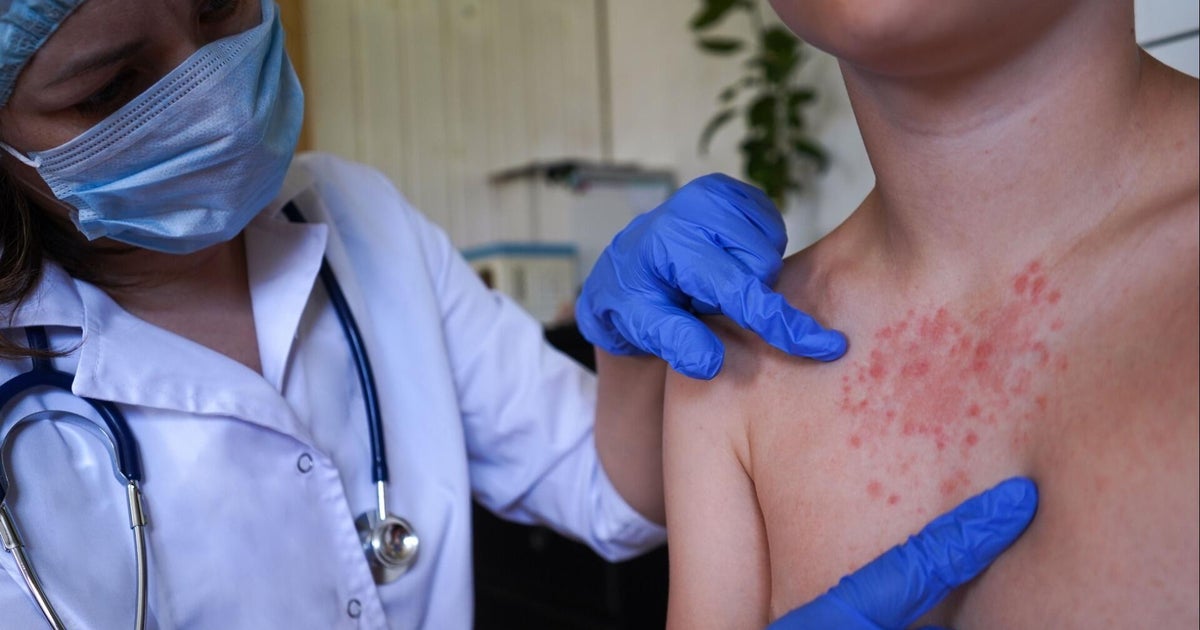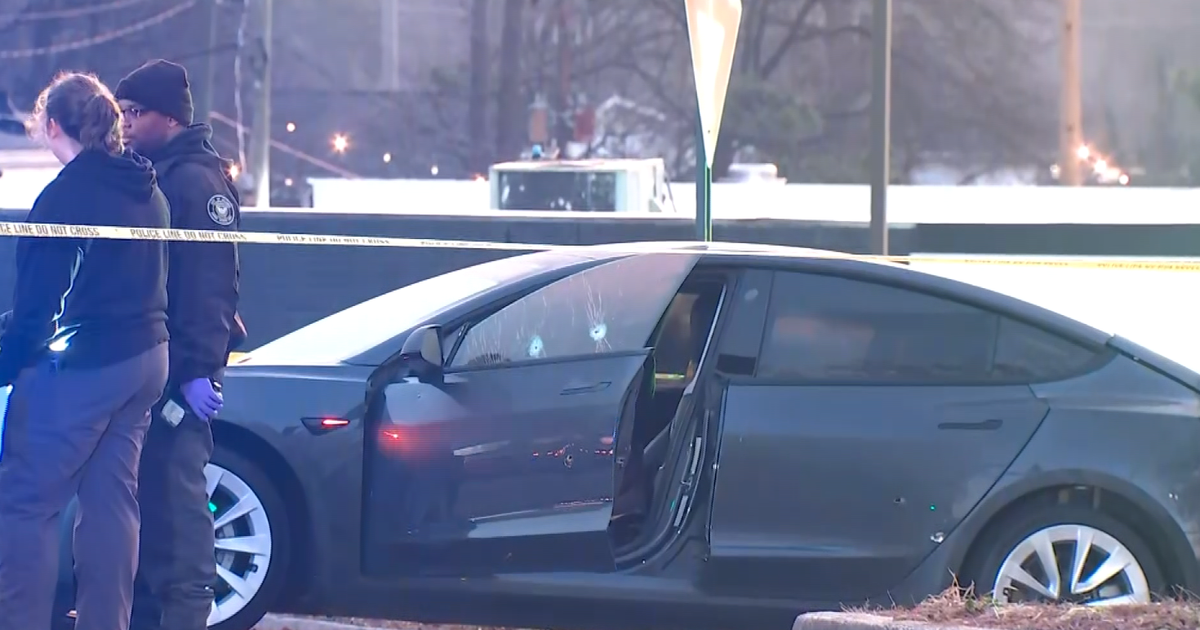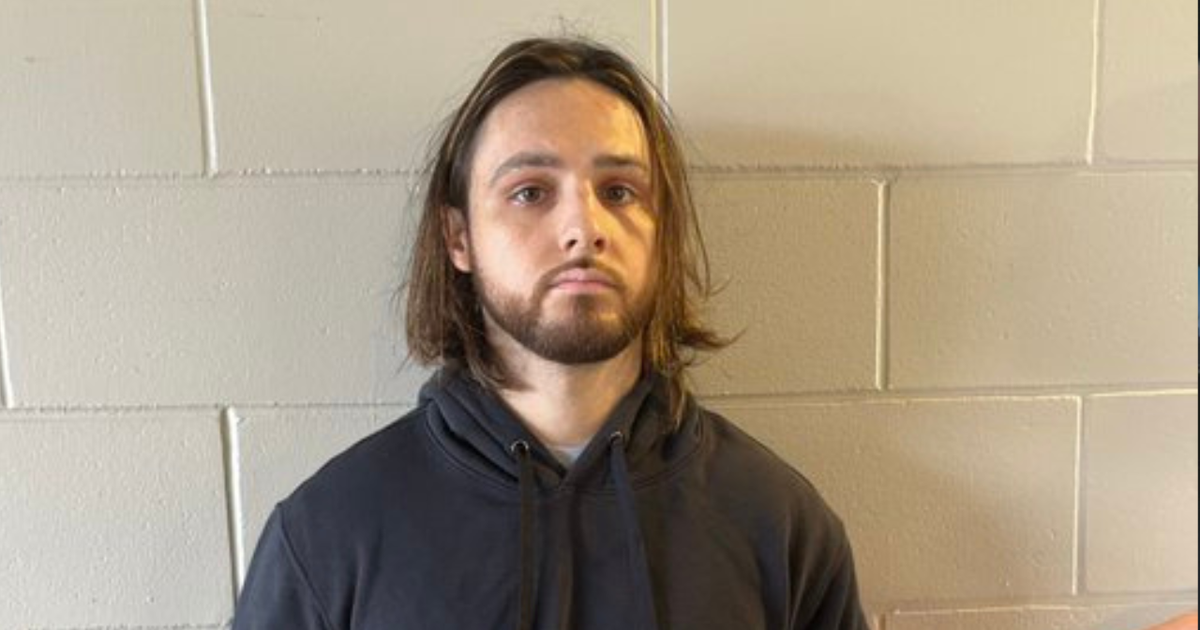Will COVID Shots Replace Annual Flu Shots? Dr. Mallika Marshall Answers Your Questions
BOSTON (CBS) — Dr. Mallika Marshall is answering your coronavirus and coronavirus vaccine-related medical questions. If you have a question, email her or message her on Facebook or Twitter.
Dr. Mallika is offering her best advice, but as always, consult your personal doctor before making any decisions about your personal health.
Rebecca writes, "My sister-in-law received both vaccine doses but contracted COVID recently. If you've had the vaccine and contract COVID, will you get it again?"
If you're fully vaccinated, don't have a weakened immune system, and get infected, you probably won't develop anything worse than the common cold. It is unlikely you'll get pneumonia or have symptoms significant enough to land you in the hospital. And presumably, getting infected will boost your immunity even more against the virus...at least for some period of time. We don't know how long that protection will last, which is why we suspect people may need booster doses down the road or possibly a COVID vaccine every year or so.
Craig wants to know, "Will COVID shots replace the annual flu shots we get every year?"
The COVID-19 vaccines will not replace the annual flu vaccine but at some point, they may be combined. A recent study found that it is safe to get both vaccines at the same time. And Moderna is working on a flu vaccine using the same mRNA technology it used for its COVID vaccine.
Bonnie asks, "Should those who received J&J, which is thought to offer less protection against the Delta variant, seek to get Pfizer or Moderna vaccines now?"
The CDC has not yet recommended booster shots even for those who have received a single J&J vaccine. The vaccines were designed to prevent severe disease, hospitalization, and death. The vast majority of people who are getting really sick from COVID-19 are those who are unvaccinated. If health officials start seeing more fully vaccinated people getting hospitalized or really sick from COVID-19, they absolutely will start recommending boosters. They may soon start recommending them for people who are immunocompromised or elderly since they are at greater risk of having an inadequate response to vaccination.
Leslie writes, "What would you tell someone who is scared to get vaccinated?"
I would tell someone who is scared to get vaccinated to talk to their doctor or another medical provider about their concerns. Many times fear is based on misinformation and getting the right information from a trusted source can help allay that fear.







